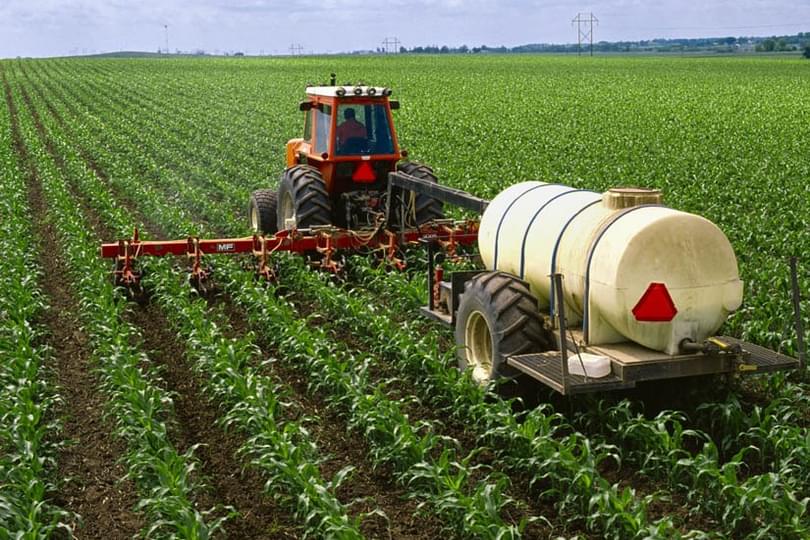
Oxford Martin School academics say sustainable intensification is a must for global food security
We have to start producing more food, more sustainably, but that’s only part of the problem, say Oxford Martin School academics in this month’s Science magazine.
Discussing how to make sure our growing global population is fed, Charles Godfray, Tara Garnett and Liam Dolan argue food production from existing farmland should be intensified, rather than giving more land over to agriculture and putting more pressure on the environment.
But they say urgent action is also needed on moderating demand for resource-intensive foods such as meat and dairy products, reducing food waste, and developing systems of governance that improve the efficiency and resilience of the food system.
“The challenge of achieving sustainable food security for all is only in part a supply-side problem,” said Professor Godfray, of the Oxford Martin Programme on the Future of Food. “Producing more food is important but it is only one of a number of policies that we must pursue together.”
Along with university researchers and policy-makers from NGOs and the UN, the authors outline a new, more sophisticated account of how ‘sustainable intensification’ should work. They recognise that this policy has attracted criticism in some quarters as being either too narrowly focused on food production or as representing a contradiction in terms, but say converting uncultivated land would lead to major emissions of greenhouse gases and cause significant losses of biodiversity.
Increasing productivity does not always mean using more fertilisers and agrochemicals as these technologies frequently carry unacceptable environmental costs, argue the authors. They say that a range of techniques, both old and new, should be employed to develop ways of farming that keep environmental damage to a minimum.
The authors of the paper accept that the intensification of agriculture will have some implications for other important policy goals, such as preserving biodiversity, animal welfare, human nutrition, protecting rural economies and sustainable development.
Lead author Dr Tara Garnett, from the Food Climate Research Network at the Oxford Martin School, said: “Improving nutrition is a key part of food security as food security is about more than just calories. Around two billion people worldwide are thought to be deficient in micronutrients.
"We need to intensify the quality of the food we produce in ways that improve the nutritional value of people’s diets, preferably through diversifying the range of foods produced and available but also, in the short term, by improving the nutrient content of commonly produced crops.”
- Read the Policy Forum on Sustainable Intensification in Agriculture in this month's Science magazine